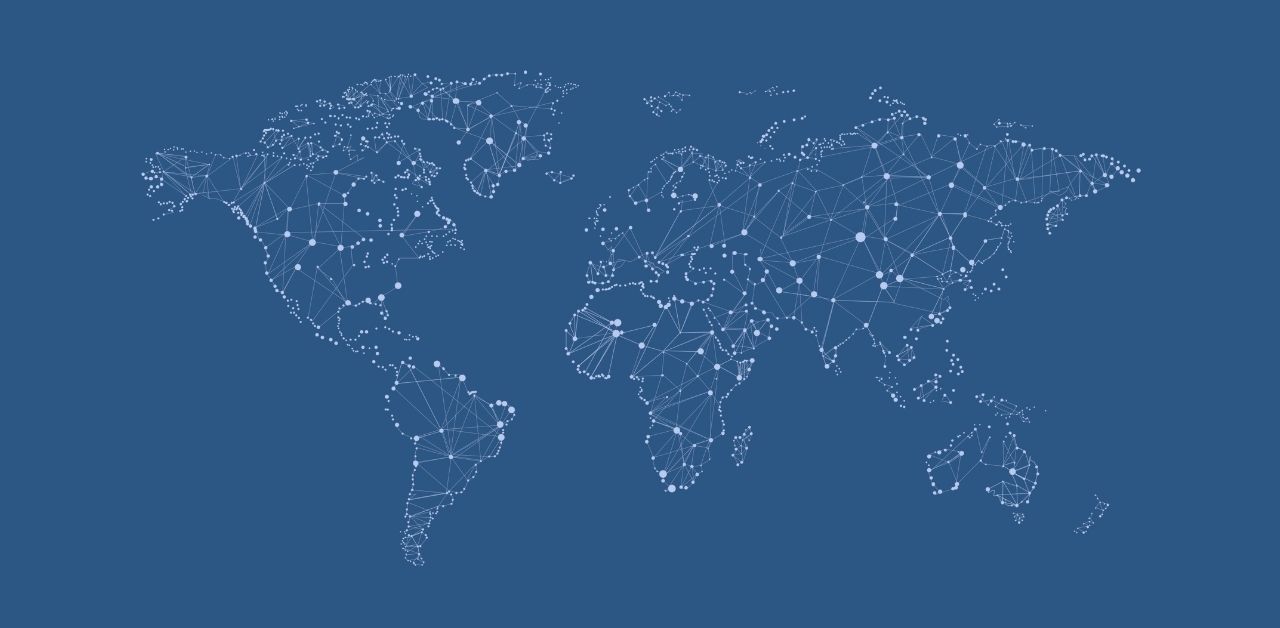FROM GHANA:
Ghana, a country situated in the western part of Africa, has a population of about 30 million. It became a lower middle-income country in 2011. Most of the resources for mental health are found in the three main public psychiatric hospitals, which incidentally are situated in the southern part of the country. Basically, this implies that most people who need access to mental help services may not receive it. As in many developing countries, the budget for mental health is usually small relative to the budget for primary healthcare. Currently, Ghana is experiencing the negative effects of Covid.
We had a partial lockdown in April 2020 which had to be quickly lifted due to the negative impact it was having on the populace. However, other protocols and restrictions during the pandemic such as the ban on social gatherings, social distancing, working from home, etc still remain and they have brought their own socioeconomic, psychological and health related impact on individuals. These may ultimately increase mental health issues such as depression, anxiety, fear, anger, isolation, financial issues and sometimes, alcohol and substance abuse which can heighten suicidal behaviour in the country. However, we do not have any indications to speculate that suicidal behaviour is on the increase during the pandemic. Non-governmental organizations, the government and mental health professionals are all involved in providing the needed support to those who are experiencing distress.
Ghana received its first batch of vaccines through the WHO Covax programme in March 2021. Though the process of vaccination is slow due to several factors including the various theories and myths about vaccines more generally and vaccine shortage globally, the government is making the effort to access more vaccines for the country. Due to the few number of mental health professionals in the country, we have adopted the public health and community-based approaches to suicide prevention. We believe that everyone must be involved in the effort to prevent suicide in our communities. We are focusing on pandemic-related challenges in our suicide prevention efforts in the country.
FROM URUGUAY:
Uruguay, a heart shaped country, is in the very South of America. Often in the past, it has been referred to as the “Switzerland of America”, because of its democratic tradition, legislation on human rights, stable economy, and other matters. In Uruguay, public health services cover the whole territory. There are also numerous private healthcare institutions as well as effective emergency ambulance services. The latest technology is employed in all medical institutions, be they public or private.
Education is free from the first school years through to and including University education. Uruguay is the country with one of the best internet access in Latin America. However, the development of a suicide prevention culture has been difficult. This is surprising especially if you take into consideration our high suicide rate, which is the second in Latin America. However, our underestimated figures are low compared to other Latin American Countries. NGOs, such as Ultimo Recurso, ordinary citizens, suicide survivors and others, have for more than 32 years, worked hard asking the State for suicide prevention policies.
17th July is National Day Of Suicide Prevention, which was approved by the whole Parliament under Law 18.097. Every 17th July, proposals for World Suicide Prevention Day on September 10th are announced and different activities are organized every year.
Cholera, yellow fever, malaria and typhoid are completely nonexistent in Uruguay. Following the outbreak of COVID-19, Crisis Telephone Service, created by the government and inspired in Ultimo Recurso Hotline, from March to June 2020, tripled the number of calls. Whilst there does not seem to have been an increase in suicide rates at the beginning of the pandemic, March and April 2021 have seen the highest death rates by COVID-19 and we are still concerned that suicide rates will increase. During the pandemic, without financial support, our staff is working ad honorem, helping people in suicide risk situations, offering free training courses, food and medicines in order to improve feelings of hope.
As co-chairs of National Representatives of IASP from Ghana and Uruguay, we send you a hopeful hug and we are ready to listen to what you need. We also bring in our several years of experience of working with individuals with distress and researching suicidal behaviour to work with you.
And all together now let us CREATE HOPE THROUGH ACTION.





